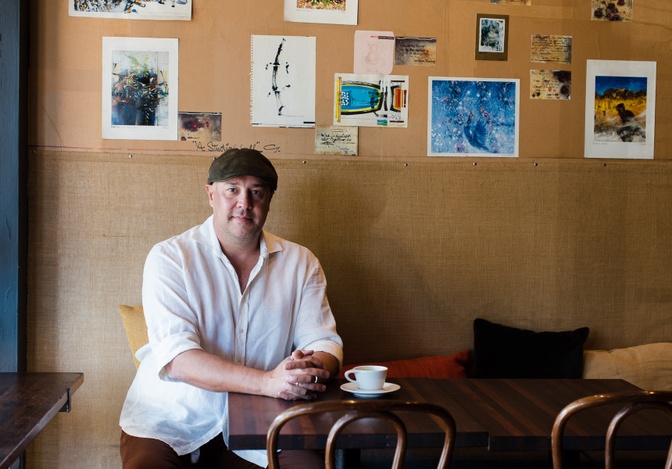Scout has recently featured a number of insightful interviews with restaurateurs as part of a special series with our friends at Hostplus. Here seven of the best tips learned.

Experienced restaurateur and Beppi owner Marc Polese says the best way to deal with customer complaints is to show empathy.
“They usually just want to be heard. Often it’s not what you’re doing, it’s what has happened to them during the day and you’re just the next person in line.”
He also says that complaints can be beneficial in “highlighting operational issues at the restaurant and lead to positive change.”
Renowned TV chef Stefano de Pieri advises against being tempted by the “cocktails and the cocaine” of commercial TV.
“It means [you’ll] spend a lot more time in front of a camera rather than doing what you’re actually passionate about,” he says. “I had no idea the effect it would have on my business.”
TV work is also ”really bloody hard” says SBS chef and Maha owner Shane Delia.
“If you want to get into TV study journalism or acting,” he suggests. “Don’t become a chef. It’s not a natural progression.“
Polese believes his decades in the industry would equate to around 100 years of a normal nine-to-five job.
“You have to genuinely love the industry and have a genuine purpose,” he says. “If your purpose is money, you will invariably fail.”
The Paddington executive chef Ben Greeno agrees: “It’s important to be prepared for the incredibly hard work ahead … keep working, keep your head down and good things will come to you.”
Given the “emotional and physical demands of the job”, restaurateur Michael Fantuz suggests working four days a week.
“It doesn't matter how good you are, it's really hard to be able to do [it] for five to seven days,” he says. Working four days a week will not only improve your work-life balance, but it can make sense financially, given that the costs of running Sunday to Tuesday often outweighs the takings.
De Pieri recommends doing a fully scoped budget before contemplating opening a restaurant.
“The first question for those who want to succeed in the restaurant world should be: ‘What is it going to cost me in insurance, electricity, council rates and workers' compensation?’”
“And remember to put aside money for GST,“ de Pieri adds. “It’s a trap I’ve fallen into and had to struggle my way out of. ”
“Every day you need to work on systems, structure, consistency [and] knowledge, and implement these through,” says restaurateur Simon Kardachi. “If you don’t you’re in danger of losing your customer base.
“It’s the one per cent detail that makes all the difference,” he adds.
Kardachi organises daily briefings before opening to ensure everything is up-to-date, to discuss the previous day’s performance, and to raise and deal with issues.
When choosing a business partner, de Pieri says it’s best to be brutal.
“Choose the people you want to be with, and make sure they share your dream. If they’re not like-minded, you really have to learn to say: ‘Sorry, no offence, but you’re not my type’.”
Photo: Nicola Heath



